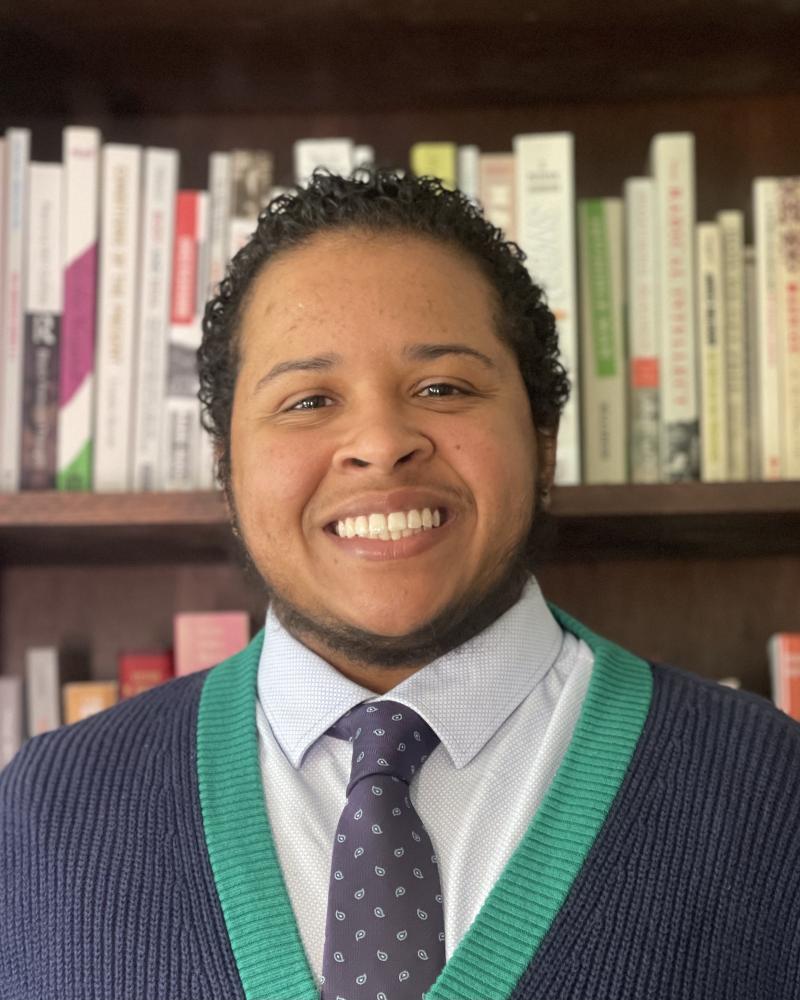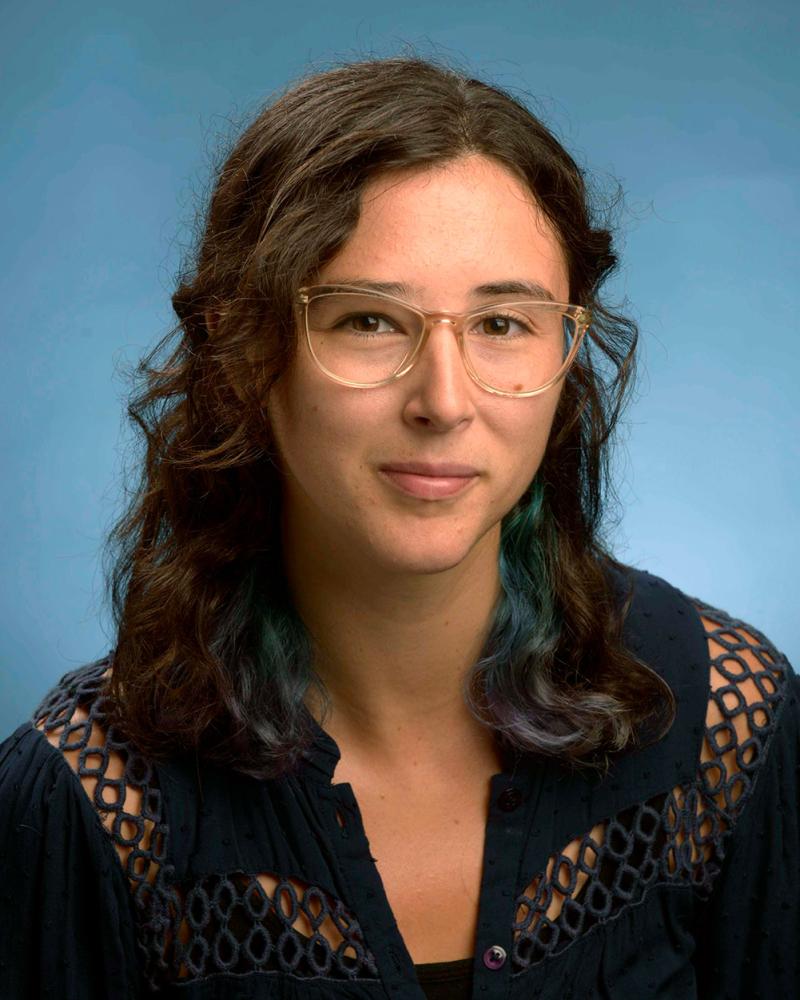
Joanna Batt
Previous degree from: University of Notre Dame, Harvard University
UT Austin: Curriculum and Instruction
Joanna is deeply passionate about the relationship of social studies teaching and social justice. Informed and inspired by her time as a high school American history teacher, she is interested in how critical, historiography-driven pedagogy can promote classroom connection and engender student engagement, agency and growth. Her work seeks to promote deeper understandings of how a social studies curriculum supported by the humanities can foster social-emotional learning and a sense of social justice in adolescents, specifically around race and gender.

Megan Gette
Previous degree from: North Dakota State University, University of Minnesota
UT Austin: Sociocultural Anthropology
Megan’s research meets at the nexus of art and anthropology, expressed in experimental writing and collaborative performance as means to access worlds. Her theoretical interests span affect, materialities and historiography, with particular investment in labor, scientism and embodied epistemologies. She works primarily with Kaqchikel communities in Guatemala.

Meng Huo
Previous degree from: Beijing Normal University
UT Austin: Human Development and Family Sciences
Meng's research focuses on how and why older adults help other people, and how these helping behaviors may contribute to older adults’ resilience in the face of age-related declines and promote successful aging. Her work relies on self-report data, daily and ecological momentary assessments, biomarker data, geocoded data, objective assessments of physical activity via the Actical accelerometer, and real-life observational data recorded by the Electronically Activated Recorder.

Jaden Janak
Previous degree from: Saint Louis University
UT Austin: African and African Diaspora Studies
Jaden is interested in critical prison studies, hip-hop feminism, the Movement for Black Lives, and the Black Radical Tradition. His research focuses on post-Ferguson hip-hop music as a form of creative activism that is situated within the larger Black Radical Tradition of artistically driven forms of resistance.

Erick Da Silva Motta
Previous degree fom: Universidade De Sao Paulo
UT Austin: Plant Biology
Erick’s research focuses on the ecological and evolutionary aspects of host-microbe interactions. He currently uses the honey bee, an important pollinator, as a model system to evaluate how gut microbial communities deal with environmental stressors, such as agrochemicals, and how perturbations in these communities may compromise host health.

Dakota Park-Ozee
Previous degree from: The University of Alabama
UT Austin: Communication Studies
Dakota is interested in news media, democratic structures, and contemporary political theory. Her current research utilizes mixed methods approaches to interrogate questions of press-state dynamics and discourses surrounding socio-political crises and controversies. These include mass shootings, social movements, and political campaigns. She examines the transfer of information among press organizations, official governmental institutions, and public citizens and the implications of those flows of discourse.

Emlyn Resetarits
Previous degree from: Columbia University
UT Austin: Ecology, Evolution, and Behavior
Emlyn Resetarits works on incorporating parasites into ecological theory to understand their influence on communities and ecosystems. Her current work investigates how parasites respond to competition for hosts and how this varies across spatial scales.

Brendan Schuetze
Previous degree from: Dartmouth College
UT Austin: Educational Psychology
Brendan researches the cognitive and socio-motivational determinants of academic success. His current areas of interest include retrieval practice, the utility of metacognitive judgements, and educational data mining.

Ulrike Unterweger
Previous degree from: Universitat Wien
UT Austin: Architecture
Ulrike's research interests lie at the intersection of politics and socio-historical developments with architecture and design objects – from so-called high culture to the vernacular. Her current project addresses questions regarding semi-public spaces and the negotiation of identities by minority groups. Her focus will be on the Habsburg Empire and its successor states from the late 19th century through the Interwar period.